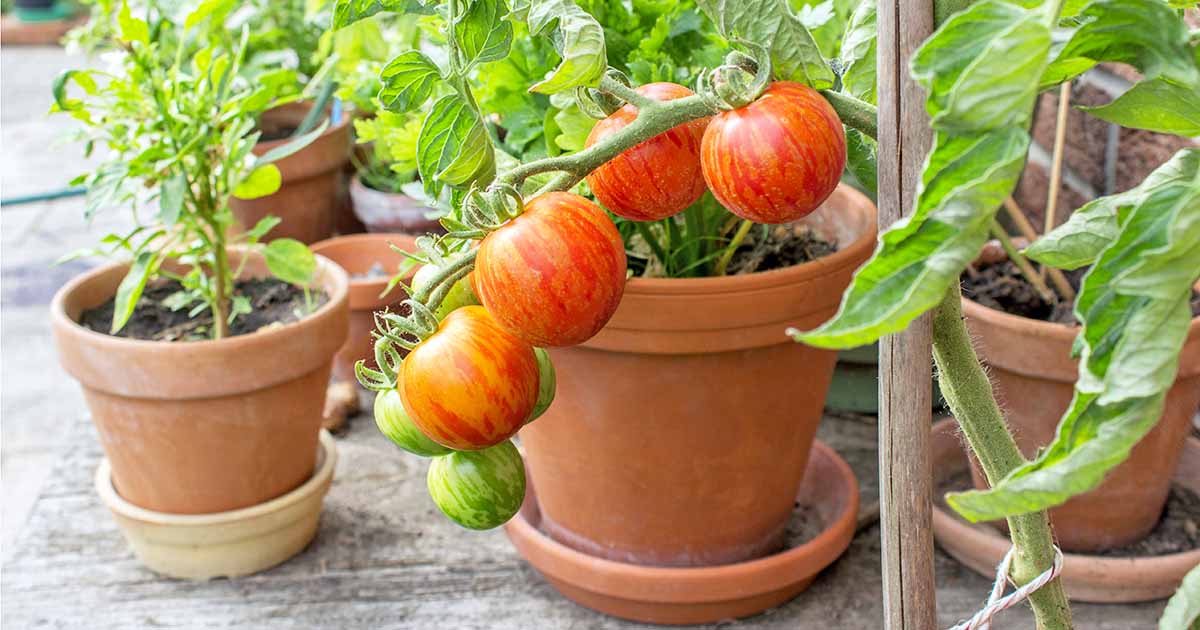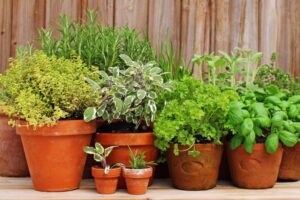Growing your own vegetables in the comfort of your own home gives a truly intimate feel to the experience. Not only does it give you a sense of success, it also provides you with an abundance of fresh and healthy fruits. You don’t even have to leave your house for it. On the other hand, the idea of starting your own vegetable garden sometimes comes with concerns about the costs involved. Don’t worry, because growing vegetables doesn’t have to be an expensive undertaking. If you employ some cheap tactics and a little ingenuity, you can even grow a lush garden without draining your bank account completely. In this article, we take a look at some practical and affordable ways you can grow vegetables at home without breaking the bank.
1. Start with Seed
If you want to get the most out of your vegetable garden with little money, planting seeds is the way to go. The cost of seeds is more manageable than buying seedlings or mature plants. Plus, they offer a wider selection of vegetables so you can try rare and unusual varieties that may not be available through transplants.
2. Make Your Own Compost Pile
Composting is an excellent way to recycle nutrient-poor garden waste and kitchen scraps into nutrient-rich soil additives. You can save money by making your own compost from vegetable peels, coffee grounds, leaves and grass clippings instead of buying expensive fertilizers. Not only will this reduce the cost of gardening, but it will also help prevent organic waste from going to landfills.
3. Find New Uses for Containers
There is no need to spend money on expensive plantations to grow vegetables. Use your imagination to repurpose some of the containers you already have around the house. Used buckets, wooden boxes and even old tires can be transformed into unique and practical flower pots with a little creativity and ingenuity. Make sure there is adequate drainage to keep the roots from getting soggy.
4. Take Advantage of Vertical Areas
Using vertical space is one of the best ways to get the most out of your garden. Use vertical gardening techniques such as trellises, hanging baskets and wall planters to grow more vegetables in the same space. This is especially useful for gardeners with small work spaces, such as those who live in apartments or densely populated areas.
5. Reserve and Exchange Your Seeds
You should collect seeds from plants in your garden that are strongest and most fertile as the garden matures. If you save some seeds for future gardening jobs, you won’t have to buy fresh seeds every year. Beyond that, you might consider swapping seeds with other gardeners in town. This not only increases the variety of vegetables available, but also helps create a sense of community.
6. Choose Crops with Low Production Costs
Choose vegetables with high yields and relatively cheap prices. Tomatoes, peppers, beans, zucchini, and other types of leafy greens like lettuce and spinach are all money-saving options. The crops from these plants are often very abundant, ensuring a constant supply of fresh produce throughout the growing season.
7. Homemade Pest Control Methods
Instead of spending a lot of money on harmful chemical pesticides, you can switch to more natural methods of pest control. Companion planting (growing specific plants together to prevent pests) can be a very effective and cost-effective strategy. For example, marigolds have the ability to repel pests while also attracting beneficial pollinators such as bees.
Conclusion:
Growing your own vegetables at home doesn’t have to be expensive. In fact, it doesn’t even have to be. You don’t need a lot of money or a lot of creativity to start a lush vegetable garden that will provide you with delicious and nutritious produce. All you need is dedication to frugal living and a little imagination. These strategies can help you grow a lush garden within your financial means. They range from seed starting to making your own compost to reusing containers and making the most of vertical space.
FAQs:
1. Is it difficult to grow plants from seeds?
Growing plants from seed is relatively easy. Follow the directions on the seed packet and you’re good to go.
2. Can I use any type of container to grow vegetables?
While many containers can be reused, make sure they drain well and are large enough for the growing vegetables of your choice.
3. How often should I water my vegetable garden?
The frequency of watering depends on factors such as weather, soil type and plant species. Keep an eye on the humidity and adjust the watering accordingly.
4. Are Natural Pest Control Methods Effective?
Yes, many natural pest control methods can be very effective if applied correctly. Research companion planting and other techniques to find what works best for your yard.
5. Can I compost all types of kitchen waste?
While many kitchen scraps can be composted, you should avoid adding meat, dairy, and oily foods to your compost pile. Stick to fruit and vegetable scraps, coffee grounds, and plant materials.



